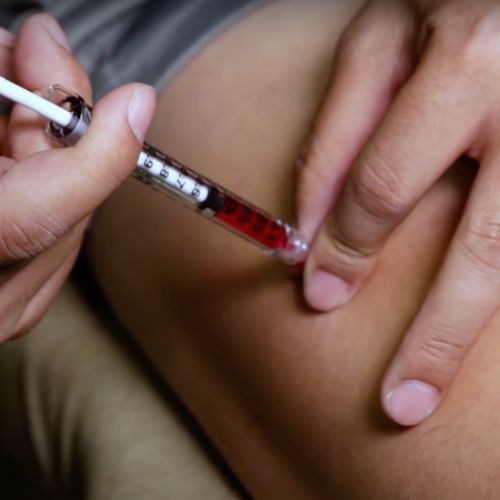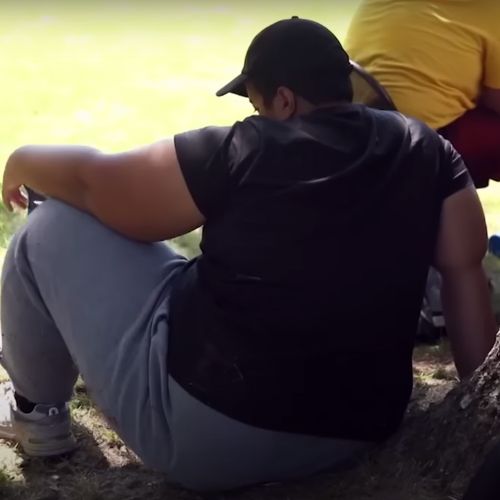Millions of men all over the world have opted for Testosterone Replacement Therapy (TRT) to help address their Low-T. When supplements haven’t worked, and no amount of diet or exercise has raised their Testosterone, they feel they have no other choice.
But no one wants to feel chained to something for the rest of their lives. Whether it’s a home, a job, or even some relationships, many people look for off-ramps wherever they can. With some things, though, the only choice is to stay the course. TRT, according to all the data, is just such a thing.
What You Need to Know
How TRT Works, and How it Stops Working
In a piece I wrote a while back, we did a deep dive into how TRT works, and how it can benefit your body. In short, TRT puts testosterone straight into your bloodstream. That’s great for building muscle quickly, rapidly improving sex drive, and even improving cognitive function.
What’s not great is that once you stop taking TRT, you don’t have that testosterone anymore. It may seem like an obvious effect, but it’s important to remember: TRT doesn’t help your body make more testosterone.

Effects of Stopping TRT
In a study of over 150 men who had taken TRT, researchers found that 92 of them had no long-term tetsosterone boosts. That’s 61% of men. But the lines were split along how long the men took TRT. For instance, men who took therapy for longer than 10 months had significantly higher testosterone, even after stopping treatment. One bit of good news, all men in the study retained their higher sex drive and function, even after ceasing TRT.
Cratering Testosterone Levels
To get an idea of just how low your T-Levels might go after stopping TRT, we look to a study of diabetic men. In this study, testosterone dropped by 42-54% in men who stopped treatment. These changes affected free testosterone, sexual function, and worse insulin sensitivity.
Body Weight
Another study, however, looked at over 260 men and studied them for quite a bit longer. In this study, men who stopped TRT had significant weight gain, higher blood sugar, and worse cholesterol reading. These researchers found that after restarting TRT, the positive health benefits did come back. Another study found that the rise in obesity after stopping TRT means it may mean taking it for the rest of a man’s life.

Other Side Effects
I hesitate to add these, because they’re not the result of any hard clinical trials. But these symptoms come from several anecdotal sources–people who provide TRT to clients and who have reported these symptoms from when men stop their treatment.
I decided to include them so that you the reader are aware; if you have questions about these symptoms, bring them up to your healthcare provider when you discuss TRT.

What You Can Do
Several studies,
including one I cited above, noted that lifestyle changes can mitigate the adverse effects of stopping TRT. Another study showed that almost all parameters of health were better in men who continued exercising after TRT cessation–but testosterone levels were still lower than during treatment.
Other lifestyle choices made during TRT can continue on after, and may improve outcomes. These include diet, stress-reduction, and supplements. We’ve done a lot of work at the Great Green Wall collating these behaviors, and you can read them here.
But there’s only so much you can do. The simple fact remains that after you stop taking TRT, you’re going to see a dramatic drop in Testosterone levels.
Final Thoughts
At the end of the day, every decision we make about our bodies needs to be ours and ours alone. With so many men suffering from Low-T, though, something needs to be done. So as an individual, find out which route looks better for you–proven, natural supplements, or safe and effective TRT.
Whichever way you choose, consult your doctor and monitor your body during your new regimen. Improving your health is why you’re making these choices, after all, and sacrificing that health isn’t worth a few more reps at the gym.

